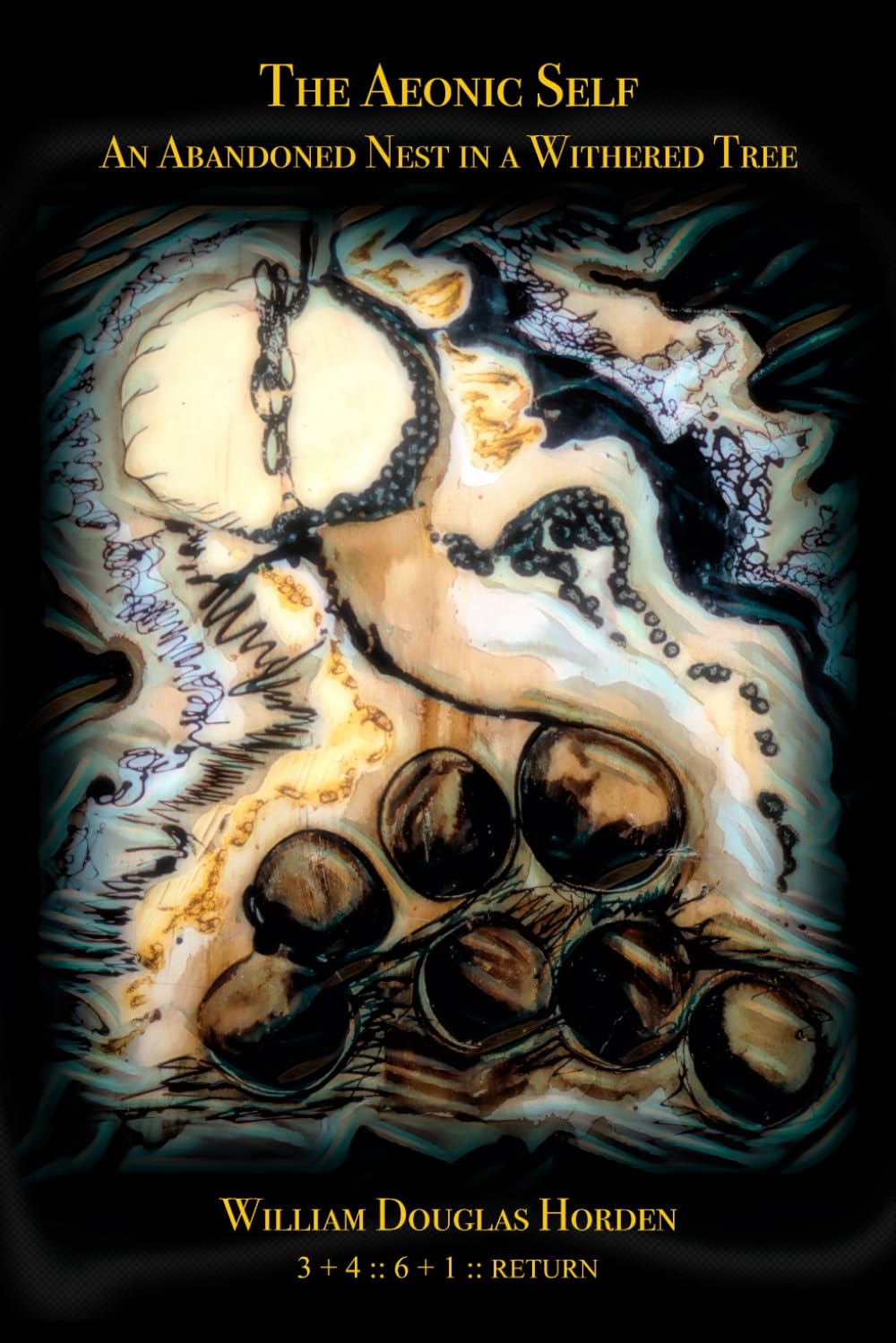
People come to the Work seeking transformation.
In general, they come for three reasons: they find they are not living their full potential; they do not feel they are fully realizing their true purpose in life; they do not feel they are experiencing the degree of happiness experienced by a truly authentic being.
Although seldom recognized as such, this is a quest set in motion by the call of conscience—by a deep memory of the soul’s activity within Reality. What should I be doing? the waking soul asks of itself. How does this lifetime further my soul’s destiny? for the soul moves thus symbolically, guided by the dreaming memory that it is itself the source of true knowledge.
People come to the Work on their path through eternity.
We seek transformation in order to return to our original nature, having realized that it is covered over by the body’s instinctive reactions to the physical and social environment. This realization may itself come only after great effort, since the recognition of the soul’s conditioning can be difficult to accept. In this sense, the waking soul finds itself blind, deaf and dumb in a wondrous but unfamiliar world, dependent on the five senses of the body and the conclusions reached by the consciousness of the body—and yet, behind the veil of material perception, our original nature bears silent witness to its growing independence from, and growing love for, the material world.
Such is the dual nature of the Work: through the metamorphosis of the individual, the world of appearances and the Underlying Reality are brought back into alignment. Spiritualizing matter while simultaneously materializing spirit, we break through the illusion of separateness from the Whole while simultaneously crystalizing all Creation within the individualized self.
Even the most sincere practitioner, however, finds the ultimate fruit of the Work elusive—even after numerous insights, revelations and authentic experiences of That Which Is Greater Than Ourselves, the absolute realization slips from our grasp. Despite great forward momentum, in other words, we find that our transformation amounts to something less than complete and permanent change: we fall back too easily and too often into the shadow of our own habit mind.
Why, in other words, does profound personal change not hold?
